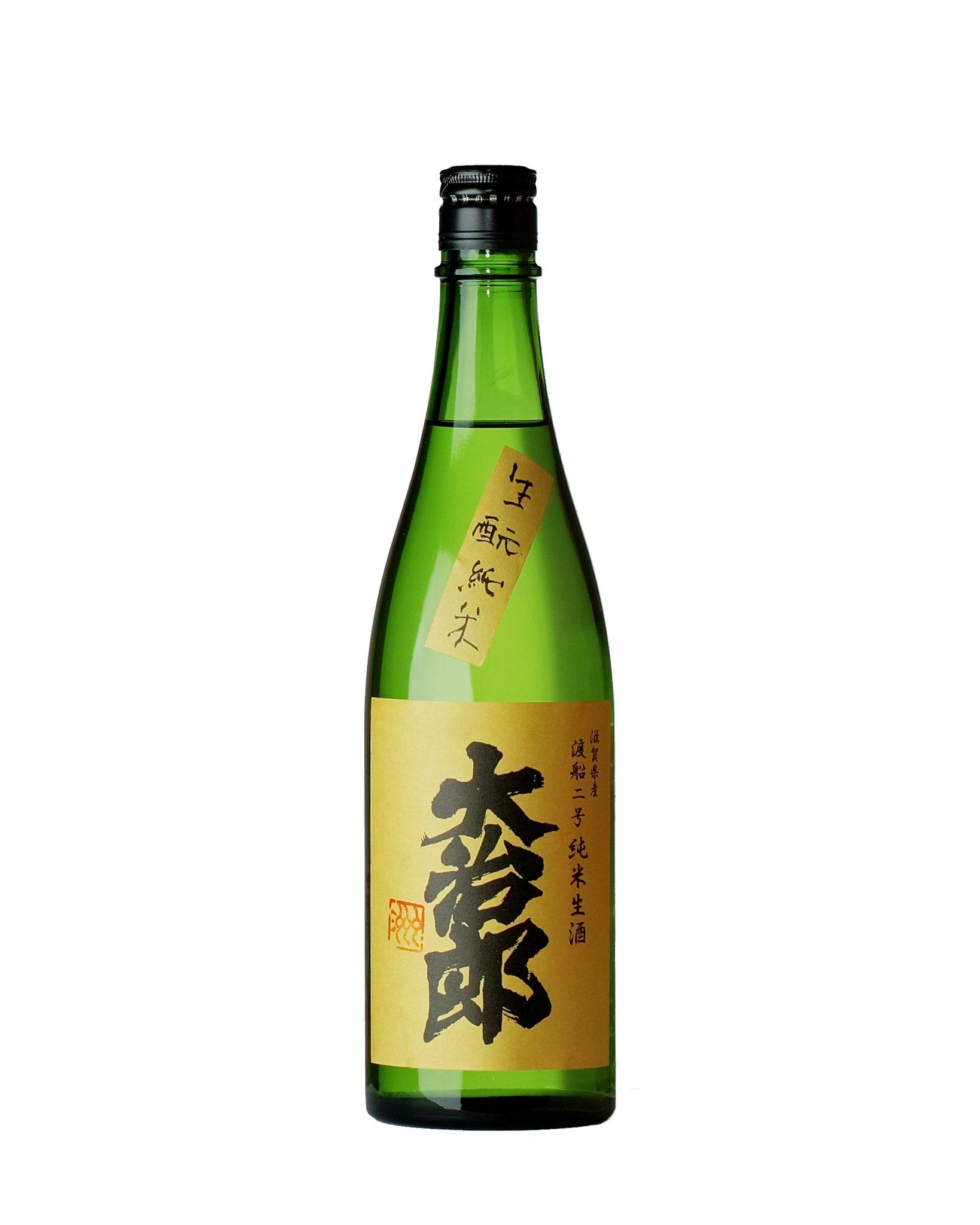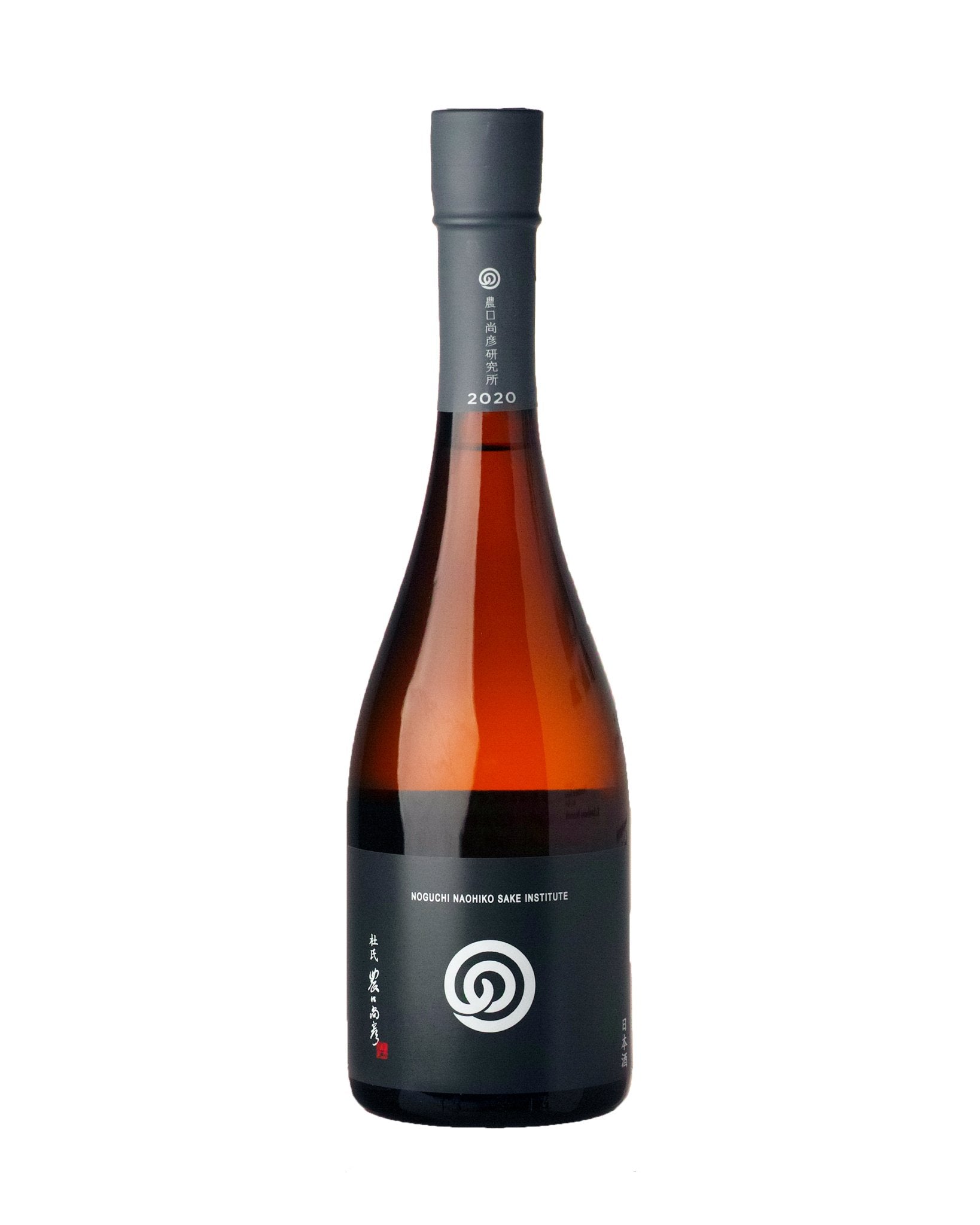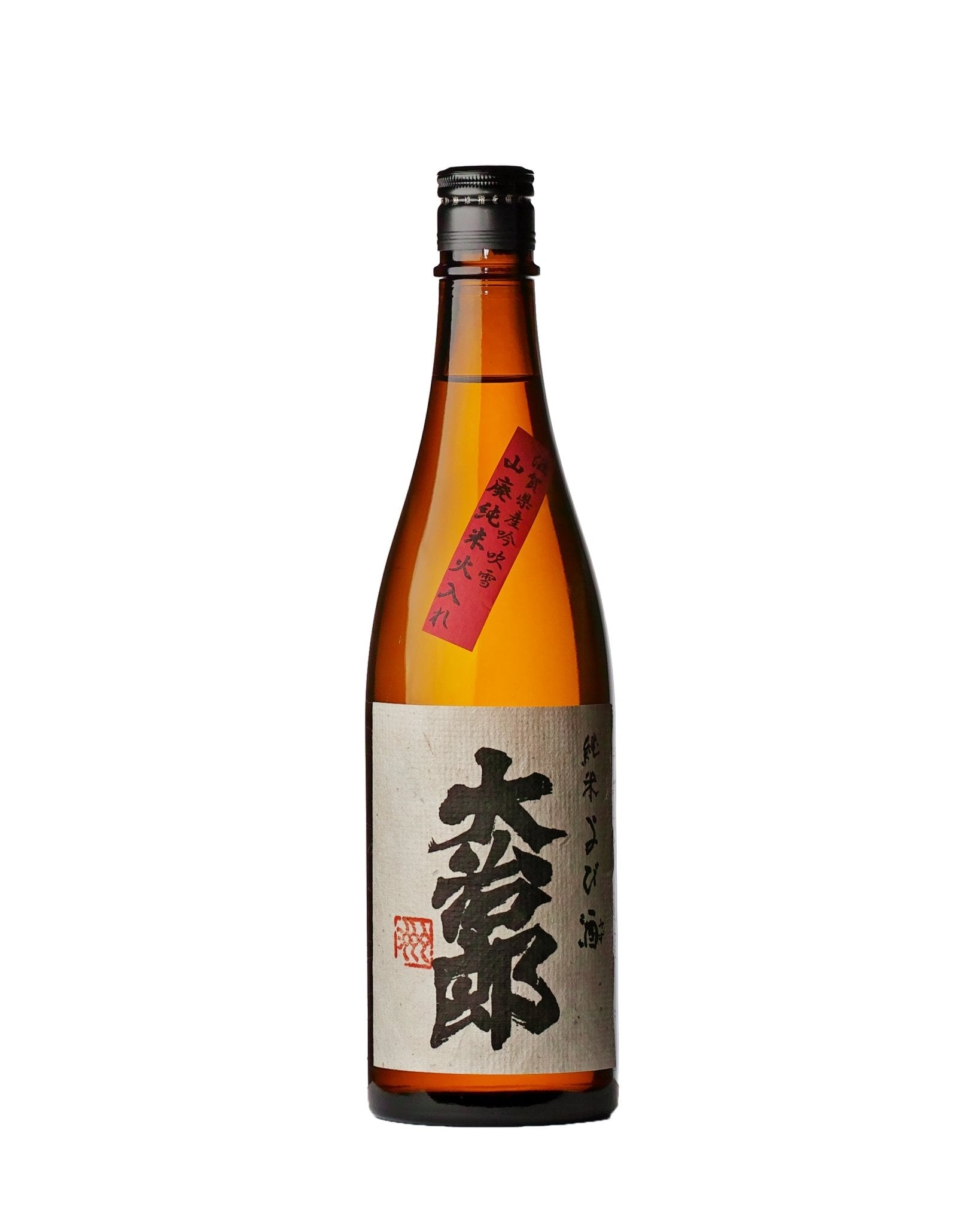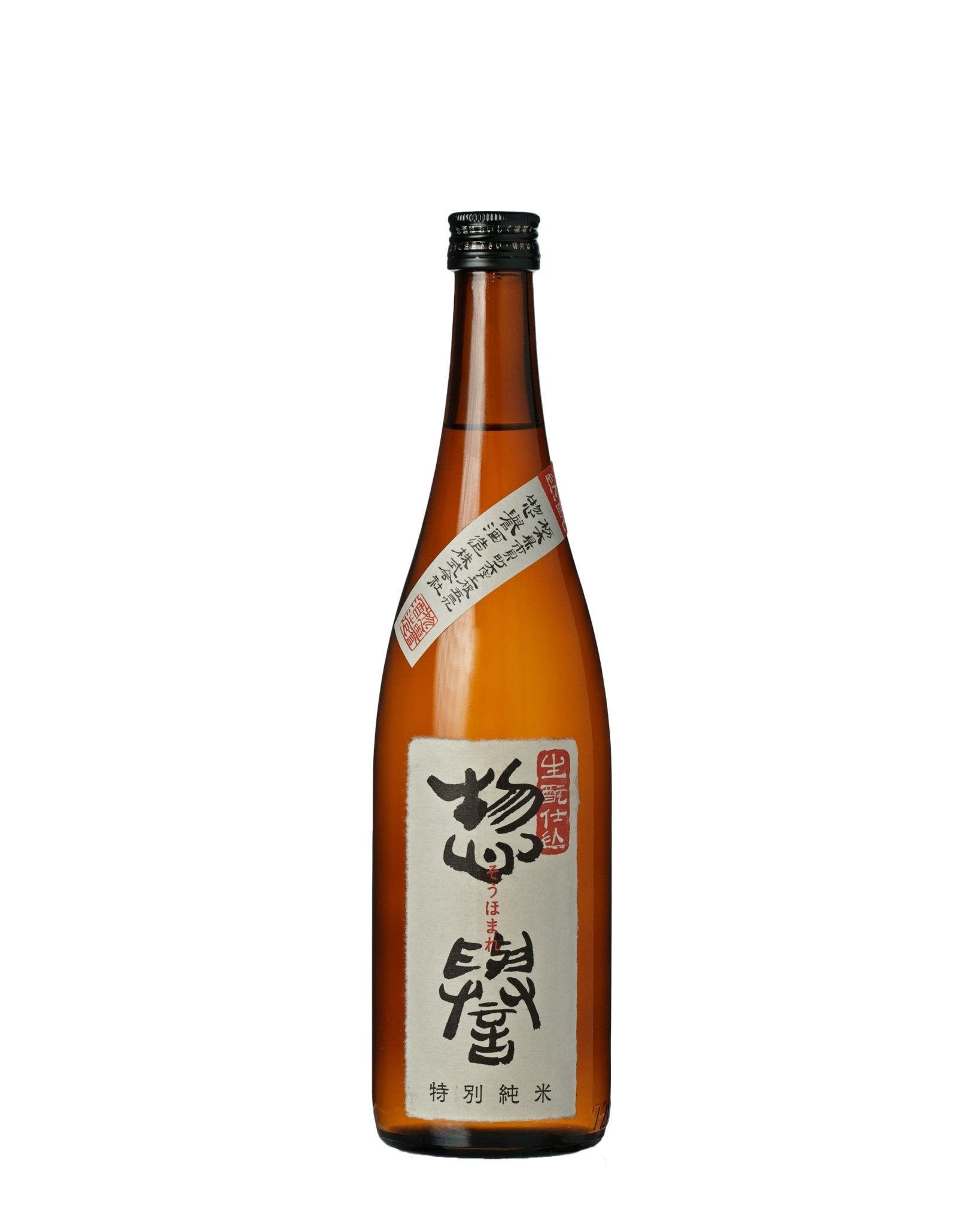Tatenokawa Shuzo (1832)

The prestigious Kura was originally founded after a visiting Daimyo to the Shonai region noticed their extraordinary water sources and recommended the founder of the brewery (Heishiro 1st) to start sake production.
The name Tatenokawa is translated as castle brook. This is an elaboration of the former name of the local mountains Tateyama (castle mountains), a region which was sprinkled with castles in earlier times. The brewery is located on a lowland plain facing the Sea of Japan on one side and sections of green mountains on the other. The climate and soil conditions there are ideal for producing fine sake. There is an abundance of excellent rice fields on the plains, at the same time they receive an endless supply of pristine spring water from the nearby mountains Chokkaisan and Gassan.

Tatenokawa follows the lead of the 6th generation family owner Jumpei Sato. Under his quiet supervision, the brewery produces some of the finest sake in western Japan. Since 2010, they have only made Junmai Daiginjo. This direction in their sake production is a way to simplify sake as a whole towards the consumer, who may feel overwhelmed by the myriads of sake brewing styles that are available. The other reasons behind Junmai Daiginjo Roadmap is to emphasize premium quality and to gain specialized knowledge of exactly this sake style. This has enabled Tatenokawa to take Junmai Daiginjo to new, unknown heights and diversity.

Takeshi Sato, the current Toji (brewmaster) achieves an astonishing variation of character in his sake, bearing in mind that all of Tatenokawa's sake is Junmai Daiginjo, which is made with primarily two different yeast types and two different rice types. These factors are not limitations as one might think. Mr. Sato manages to produce a range of complex, flavor profiles, based primarily on his precise brewing technique. The importance of gentle rice polishing and carbon filtration is highlighted in his production of fine Junmai Daiginjo sake.

For the majority of their sake production, the two local rice types use Dewasansan and Miyama Nishiki. Although Tatenokawa is not certified organic, the vast majority of the sake rice they receive, from their rice farmers in Shona,i is grown without pesticides or chemical fertilizers. It takes a special skill and experience to grow sake rice in this way, partly because the rice grains are larger than eating rice grains, which makes them more vulnerable to invasion by pests.

More info here - tatenokawa.com
Sake kaldes for japansk risvin
En Junmai Daiginjo kan have ris poleret ned til 50% eller mindre, hvor over halvdelen af hvert korn er slebet væk
Sake er en japansk drik lavet på specialris, vand, koji og gær. Mange kalder det risvin, men bryggemetoden minder mere om øl – sake er sin helt egen kategori takket være koji, en skimmelsvamp der omdanner stivelsen i risen til sukker.
Der findes tusindvis af sakebryggerier i Japan, hver med deres lokale ris, vand og brygtraditioner. Nogle eksperimenterer, andre holder fast i århundredgamle metoder. Resultatet er enorm variation – fra lette, friske sake til komplekse, lagrede varianter med nøddeagtige noter.

Alkoholprocent i sake
Alkoholprocenten ligger typisk mellem 15-17%, lidt højere end hvidvin. Sake kan serveres kold, ved stuetemperatur eller varm – samme flaske ændrer karakter ved forskellige temperaturer. Det gør den alsidig til mad, især fisk og skaldyr.




